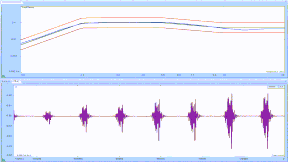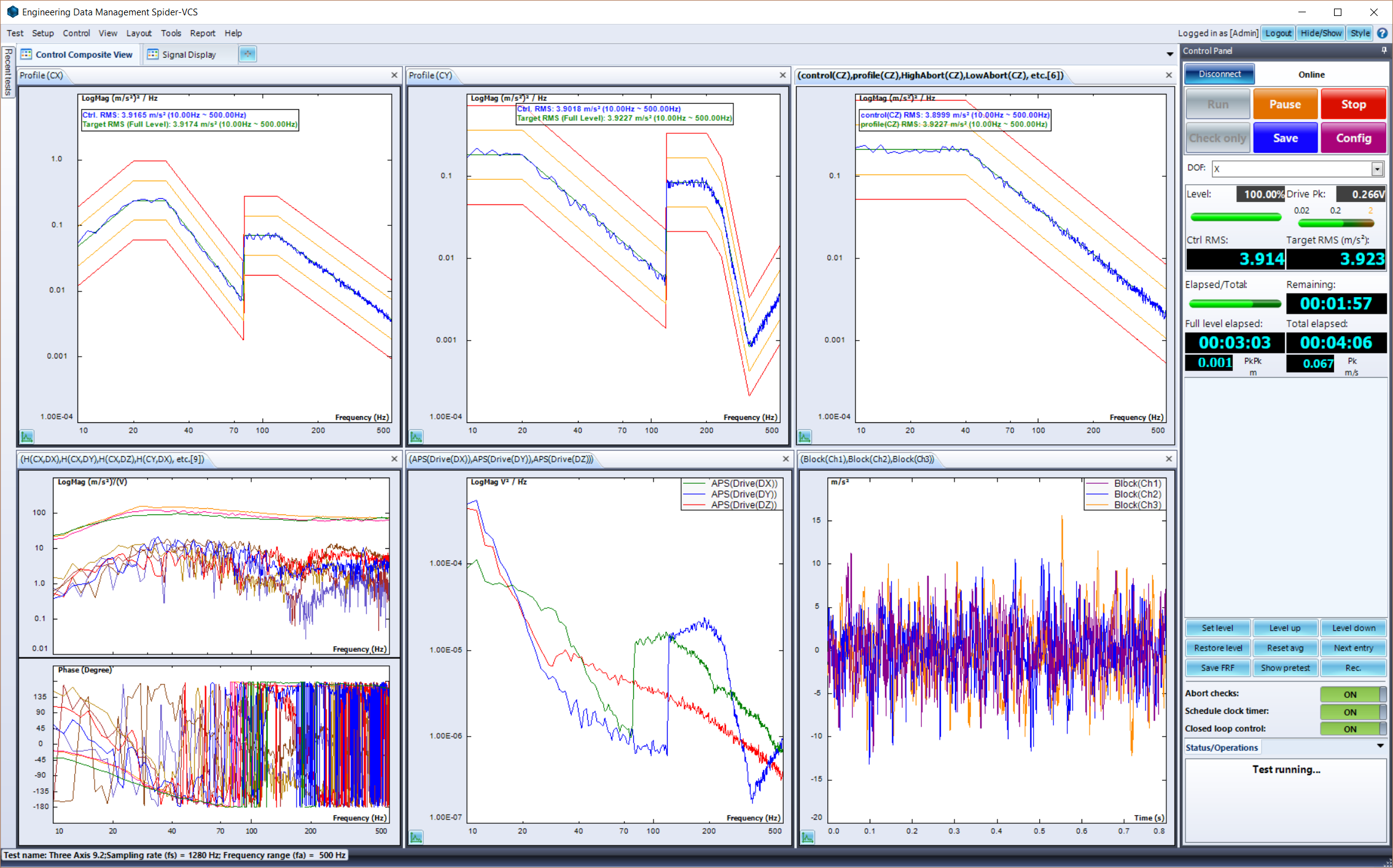Kvalitest (Crystal Instruments’ Distributor for Sweden & Finland) organized a vibration training course for their customers in Gothenburg, Sweden from April 18-19, 2018.
The course presenter was Mr. José Luis López from Advensys. Mr. Lopez has extensive experience in the field of vibration testing and provides training courses all over Europe.
The training included an overview of theoretical concepts needed to understand the physical basis behind vibration testing and the equipment required. The testing technicians were provided with the opportunity to understand and perform tests according to relevant standards.
Read More













